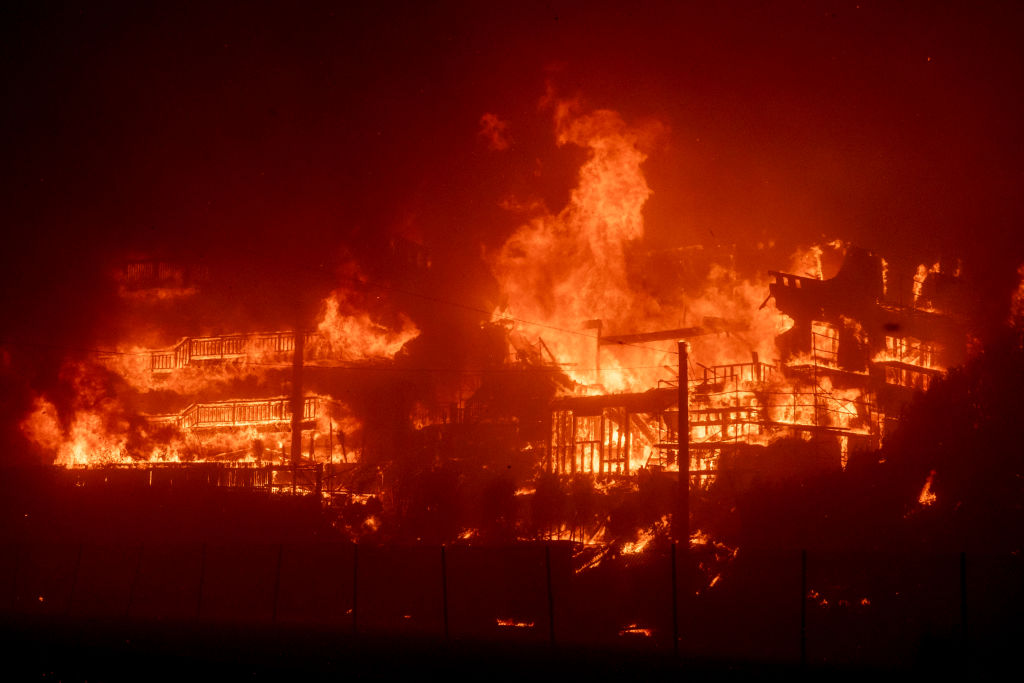Military members stationed overseas face unique challenges when it comes to voting. They can’t, for instance, go to the polls or visit their county elections office. That’s why federal and Pennsylvania law provide these voters special accommodations to ensure they can cast ballots.
Federal law requires that states permit uniformed services members, their families and U.S. citizens living overseas to vote absentee in federal contests. In Pennsylvania, similar to most states, military voters and certain overseas civilian voters can also vote absentee in state and local elections.
“We get ballots to and from members of the military who are serving in active combat zones," said Justin Levitt, a law professor at Loyola Marymount University and a former senior White House policy advisor. “It can be quite difficult to get mail reliably to and from those locations. And federal statutes require doing exactly that.”
This group of voters includes military service members who are stationed abroad or within the U.S. but outside their Pennsylvania precinct. It also includes their immediate families, along with students and other civilians who are overseas.
Get top local stories in Philly delivered to you every morning. Sign up for NBC Philadelphia's News Headlines newsletter.
“They’re stuck somewhere in some foreign country,” said Forrest Lehman, Lycoming County's director of elections and registration. “They really are depending on us more than a lot of our other voters to look out for them.”
Pennsylvania's military and overseas civilian voters
While these voters can request their absentee ballot in a variety of ways, such as applying by mail, they typically use the Federal Post Card Application, Pennsylvania election officials say. This form, which doubles as a voter registration form, can be mailed or emailed to their local county elections office. Their request forms must arrive before Election Day.
Local
Breaking news and the stories that matter to your neighborhood.
As of Sept. 24, 11,922 military and overseas Pennsylvania voters had an approved mail ballot application for the 2024 general election, according to Matt Heckel, a spokesperson for the Pennsylvania Department of State.
These voters can choose to receive their ballot by email, but they can only return their absentee ballot by mail.
Military and overseas civilian voters must affirm that they mailed their ballots no later than the day before Election Day, and county election offices must receive their ballots no later than seven days after Election Day at 5 p.m.
Federal voters
Other voters who live overseas and do not intend to return to Pennsylvania are known as “federal voters.” They can vote only in federal contests, such as the presidential race. Federal voters are not allowed to register to vote in Pennsylvania or vote in state and local contests.
"These are people, like, who have moved to Costa Rica, and they're like, ‘Costa Rica is amazing. I don’t know if I’m ever gonna come back,’” said Thad Hall, director of elections and voter registration in Mercer County.
Federal voters also face different deadlines in Pennsylvania than military voters and overseas civilian voters.
They must get their absentee ballot request in by the Tuesday before Election Day. And federal voters' absentee ballots must get to county election offices by 8 p.m. on Election Day, according to the Pennsylvania Department of State.
As of Sept. 24, 10,890 federal voters had approved mail ballot applications for the upcoming election, according to Heckel.
“The key thing, you know, to remember is that they just need to make sure that they’re meeting the correct deadlines and to pay attention to what the deadlines are for them,” Hall said. “We encourage people to mail back their ballots as quickly as possible."
___
This story is part of an explanatory series focused on Pennsylvania elections produced collaboratively by WITF in Harrisburg and The Associated Press.
___
The AP receives support from several private foundations to enhance its explanatory coverage of elections and democracy. See more about AP’s democracy initiative here.



